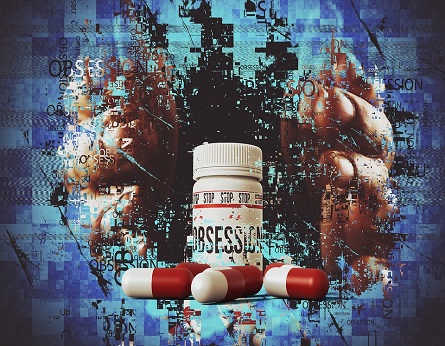Tips for Rebuilding Relationships Post-Addiction
 Overcoming addiction is an incredibly challenging feat. Not only is the addicted individual fighting to break free from the grips of substance abuse, but they are also working to mend broken relationships that were damaged during active addiction. Rebuilding trust and connection with loved ones after addiction requires patience, understanding, open communication, accountability, and time. With dedication to the recovery process, relationships can be restored.
Overcoming addiction is an incredibly challenging feat. Not only is the addicted individual fighting to break free from the grips of substance abuse, but they are also working to mend broken relationships that were damaged during active addiction. Rebuilding trust and connection with loved ones after addiction requires patience, understanding, open communication, accountability, and time. With dedication to the recovery process, relationships can be restored.
Take Responsibility and Build Trust Slowly
After completing a comprehensive residential inpatient program, the recovering addict is eager to jump back into relationships. However, patience is key. It’s critical to take full responsibility for past harm without making excuses. Validate feelings of hurt, anger, and mistrust from loved ones. Don’t expect immediate forgiveness. Rebuilding broken trust requires consistency and truly changed behavior over time. Be accountable by sticking to commitments, maintaining sobriety, and regularly checking in. Follow through rebuilds trust.
Work on Effective Communication
Communication often breaks down due to lying, misplaced anger, and isolation during addiction. To reconnect, both parties must relearn how to communicate openly, honestly, and respectfully. Listen without judgment. Validate each other’s emotions. Share feelings vulnerably, using “I feel…” statements. Admit when you’re wrong, and apologize earnestly. Keep conversations focused on the present and future rather than rehashing the past over and over. Seek counseling to facilitate productive communication if needed.
Show Through Actions
“Actions speak louder than words.” Back up apologies and promises with consistent actions. Help out more around the house. Be present and engaged during quality time together. Show up when you say you will. Do thoughtful little things like small gifts or a card to show you care. Follow through on commitments to attend support groups, counseling, etc. Let your steps toward positive change speak for themselves.
Get Support
Don’t try to rebuild connections alone. Continue attending recovery meetings and work closely with your sponsor. Make sure your loved ones understand addiction and the recovery process. Suggest attending a support group like Al-Anon or Nar-Anon. Counseling can also help both parties develop relationship skills, process emotions, and move forward in a healthy way. Leaning on others for support is essential.
Set Healthy Boundaries
Boundaries may need to be redefined post-addiction for the relationship to flourish. The addicted individual may need to cut ties with unhealthy friends, delete dealer numbers, stay out of bars, etc. Loved ones may need reassurance that it’s OK to not enable by lending money, covering for mistakes, etc. Sticking to defined boundaries shows commitment to sobriety and restoring trust. Revisit and adjust boundaries if needed.
Allow Time for Healing
It’s important to realize that the effects of addiction cannot be instantly undone. All parties need time to heal. There will be ups and downs. Forgiveness may come slowly or only partially at first. Small setbacks are normal as long as the overall trajectory trends toward restored closeness. Maintain consistency in positive actions, communication, and accountability. With time, patience, and dedication, healing is possible.
Rebuilding using the above advice, relationships damaged by addiction can grow strong once again. The effort makes the renewed connection even more meaningful. With dedication from all involved, trust can be rebuilt one day at a time.